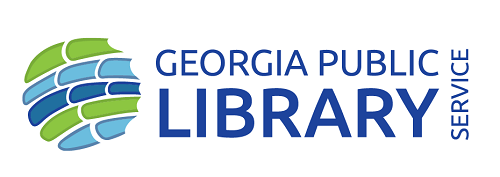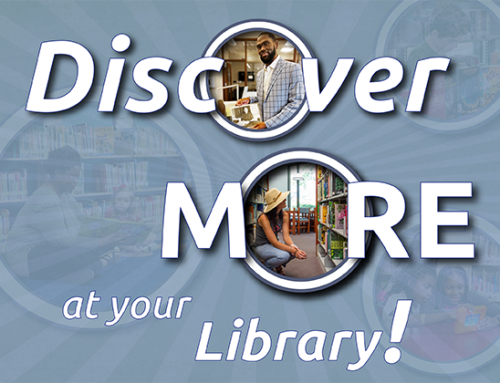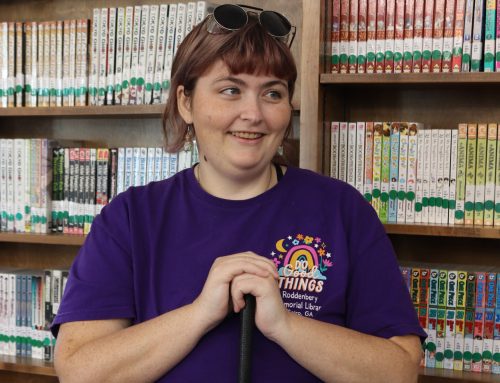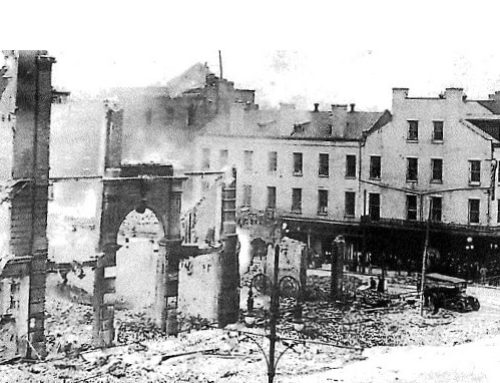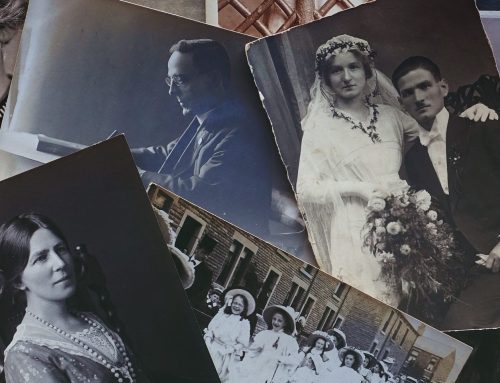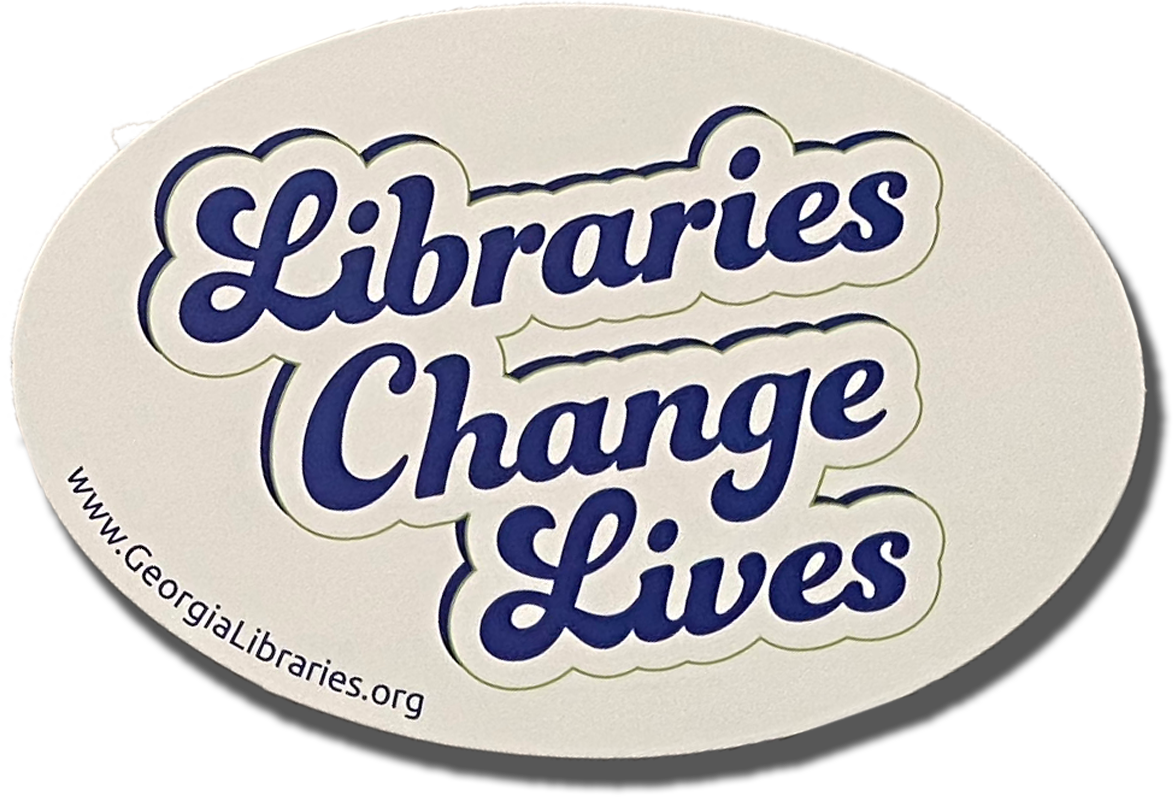Imani Carter served as a digital projects summer intern through a program funded by Georgia Public Library Service during summer 2021. Imani helped to document the COVID-19 pandemic and movements for social justice by archiving over 130 local websites. The resulting collection showcases how the community of Athens, Georgia, moved forward together during uncertain times, and the archived websites will be available to both scholars and the community for future research.
By Imani Carter, Digital Projects Summer Intern
In August 2019, I moved to Athens, Georgia, from my home state of Virginia to attend the University of Georgia (UGA) and pursue my Master of Arts in History. My thesis focused on Black women in the Women’s Army Corps (W.A.C.) on the homefront during World War II. I was taking an Oral History Methods and Theory course and preparing for my major project to interview a Black W.A.C. veteran in April 2020 when the COVID-19 pandemic put a wrench in my plans, resulting in the interview’s cancellation.
In substitution, I was assigned to create a descriptive index for searching oral history recordings in collaboration with UGA’s Richard B. Russell Library. The opportunity led me to become interested in archival and special collections work.
In the hopes of gaining hands-on experience in that field, I applied to and received the Athens-Clarke County Library’s Heritage Room Web Archiving Internship. The position was part of a program offered in partnership with the Georgia Public Library Service, which funds the placement of paid student interns in public library archives and special collections, with the goal of providing free digital access to unique, rare, or locally significant items.
My internship focused on the Heritage Room’s “COVID-19 Athens Clarke County Response” web archive, which is hosted in ArchiveIt. ArchiveIt is a tool created by the Internet Archive that allows libraries to preserve websites for future research. Websites are dynamic: every moment, millions of sites are changed, launched, or deleted. ArchiveIt empowers libraries to capture snapshots of these websites so we don’t lose access to internet-based information resources.
I was introduced to web archiving and began learning all about descriptive metadata. I took WebJunction’s “Web Archiving for Public Libraries”online course, reviewed numerous articles and videos to expand my knowledge on descriptive metadata and web archiving. After the first two weeks, I was allowed to begin creating metadata (descriptive information about data) for the existing seeds (URLs) in the collection. I learned something new each day and was markedly improving in my ability to create metadata.
Eventually, I generated new seeds that aligned with the project’s main objective – to record the local response to COVID-19 in Athens, Georgia. In June 2021, I presented at the 2021 GALILEO Annual Conference during the ‘Digital Projects Showcase’ on the successes and challenges of recording the local response to COVID-19. This allowed me to step back in time, in a sense, and engage with web content that was posted when the pandemic first began.
Some of this content consisted of communications from the local government, the school system, and resources that were available to the Athens-Clarke County community. Unfortunately, one of the challenges of recording web content was that some pages generated over a year ago were no longer available. This experience has shown why web archiving is vitally important right now and for the years to come.
Another major takeaway for me is that web content is ever changing. In that regard, it is a living thing. So much occurs on the web, and its existence is vital in our globalized world. It connects to our world’s societies and cultures.
I believe that we should make a true effort to archive the web. We will not be able to record everything as it is too vast, however; if more money is provided to hire qualified staff then we could make a significant impact for future generations to come.
It was a true privilege to work on this project with both ACCL’s Heritage Room staff and the staff at Georgia Public Library Service. I have always appreciated local history. To be able to bring my love for local history to my growing passion in archives was a dream come true. I believe that we all did great work not only for researchers but to community members in Athens-Clarke County. With archiving the web we ensured content from the local community will forever be recorded, making it accessible for future generations. Here is the link to the collection.

“Web content is ever changing. In that regard, it is a living thing. So much occurs on the web, and its existence is vital in our globalized world. It connects to our world’s societies and cultures.“
